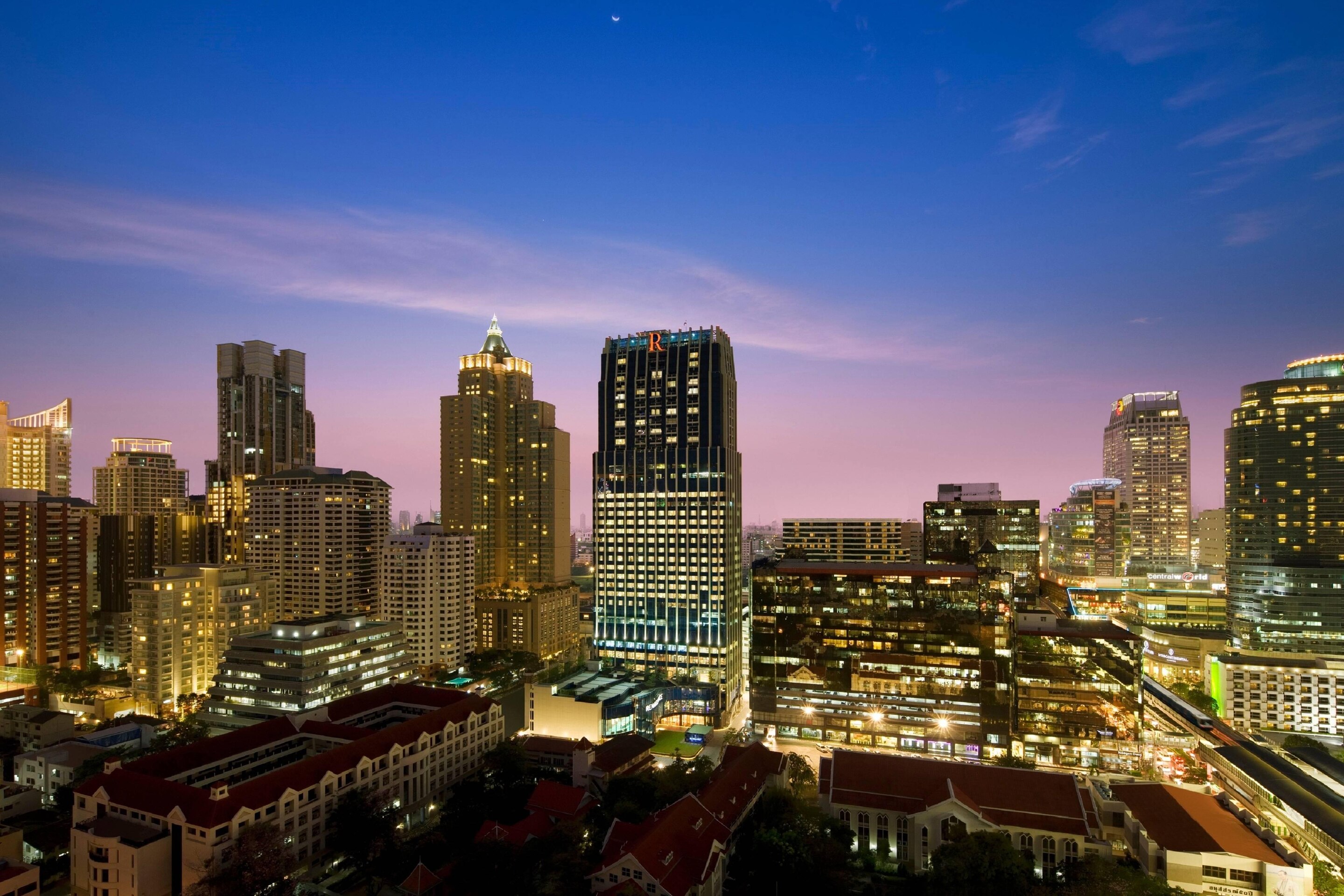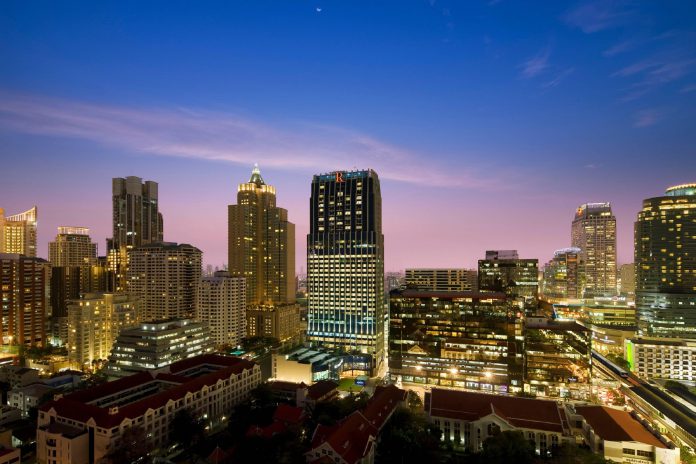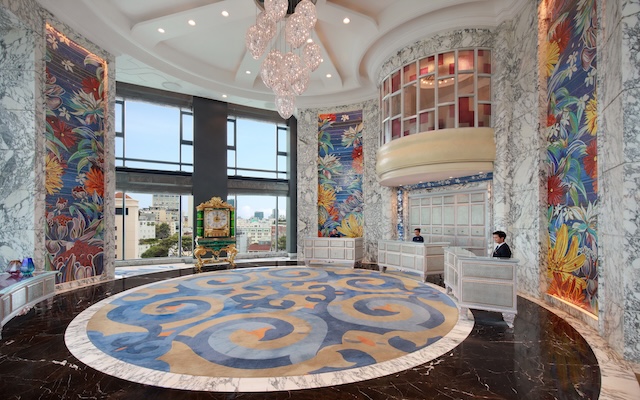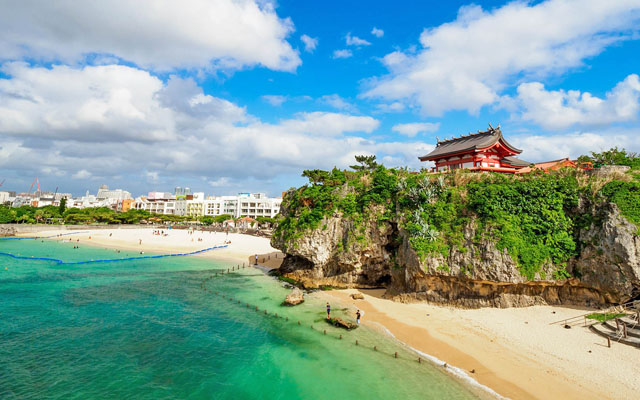The owner of Renaissance Bangkok Ratchaprasong Hotel has issued a termination notice to Marriott International and is understood to be developing a transition plan towards its future management.
- Renaissance Bangkok Ratchaprasong Hotel owner ends contract with Marriott, as the latter faces another legal dispute with Minor International
- Marriott remains confident of its strong relationship with owners in Thailand
- C9 Hotelworks expects pandemic pressures to lead to more owner-operator fall-outs

The owner of Renaissance Bangkok Ratchaprasong Hotel has issued a termination notice to Marriott International and is understood to be developing a transition plan towards its future management.
Marriott has been managing the hotel since its opening in 2010, after an agreement between the operator and the hotel’s owning company, Maneeya Realty Company, was signed in 2007, for 25 years.
Marlborough Hospitality Services, which serves as consultant to the owner and his legal counsel Benjamin Hirasawa, founder and managing partner of Singapore-based BH2I, cited various reasons for the termination notice. These include alleged “breach of contract, breach of fiduciary duty, lack of transparency, failure to communicate with the owner and to follow the owner’s instructions, and misuse of FF&E (Furniture, Fittings, and Equipment) Reserve”, according to the Singapore-based firm’s founder, chairman and managing director, Michael Evanoff.
Other allegations include “dismal commercial performance and excessive and unexplained charge-backs, i.e., charges to the hotel from various Marriott companies or departments supposedly for work done on behalf of the hotel,” said Evanoff.
Marriott Asia-Pacific declined to comment on the allegations on the basis of confidentiality obligation under the hotel management agreement, but said it is “committed to collaborate with owners to resolve issues related to our hotels” and that “current discussions will not affect the operations of the hotel”.
The 333-key hotel in Bangkok’s shopping and business district performed “reasonably well” in 2019 but in 2020 and 2021 performed “much worse” than its competitive set, claimed Evanoff.
“Average occupancy and room rates were well below those of the hotel’s competitive set and also below other comparable hotels in Bangkok operated by Marriott,” he alleged.
Business is starting to improve with December being a popular wedding month and with Thailand’s international travel reopening. Occupancy now averages 37 per cent but rates are low, he said. “The reality is that the relationship between the owner and Marriott has soured,” said Evanoff.
Marriott is also facing another dispute with Minor International (MINT) over the JW Marriott Phuket. On October 12, MINT issued a statement saying that in addition to its legal claims in the Thai courts, it is “imminently” initiating “further legal action” against Marriott.
“We are still preparing for the upcoming legal action and this is very much an active case with further announcements shortly,” Steve Chojnacki, MINT’s chief commercial officer and general counsel, said.
Asked what the “further legal action” might involve, Chojnacki alleged a “lack of transparency on Marriott’s costs and recharges; Marriott’s competition with other Marriott-branded properties; application of regional and global licensing fees collected by Marriott; and administration of the Marriott Bonvoy loyalty programme”.
However, Marriott said it is “not aware of any further legal proceeding from MINT against Marriott International or its affiliate as of the date of this statement (December 2)”.
“We continue to consider that the claims are likely to be similar to those raised in previous legal proceedings, which are meritless, and we will vigorously defend against such claims as we have done successfully to date,” the company’s spokesperson added.
“Despite the challenges of the pandemic, we remain confident in Thailand and continue to strengthen our relationship with current owners while seeking potential partners to expand our portfolio. We currently operate 46 properties in Thailand.”
Are breakups widespread?
Owners and operators have been facing trying times, particularly those in Asia where recovery is in the hands of governments and reopening policies have been restrictive. While Asia has started to reopen, the region’s largest source of travellers, China, has not. The latest Omicron variant shows that stability is far from assured.
“Everywhere has been bad, albeit to varying degrees of bad. Bangkok has been on the lower rungs of the bad scale (which includes) Kuala Lumpur, Bali, Phuket, Hanoi and Ho Chi Minh City,” said Robert Hecker, managing director, Pacific Asia Horwath HTL.
Yet, Hecker is not seeing more breakups as a result of the stress the pandemic places on owner-operator relationships. “It’s not widespread. It’s limited to particular situations of owner-operator dynamics,” he said.
In general, his understanding is that all of the operators have been flexible and understanding of owner situations. In fact, the pandemic has actually “instigated” the owner/operator relationship into becoming more of a partnership in sharing risks and pain points, said Hecker.
He uses the analogy of neighbours who have always had issues with other another. Yet after a tornado rips through their town and destroys everything around them, they hug tightly.
“Specifically on the operators’ side, they have ditched contracts for the time being, focusing on what can be done to save or preserve the owner’s house, relative to uses for the FF&E Reserve, allowing for postponement of payments that might be due, etc,” said Hecker.
“The measures that have been taken are practical in nature given the circumstances if both sides are going to get through the pandemic with hotel assets, and contracts, intact.”
Whether the spirit of hugging will remain in the post-pandemic will be interesting to see.
But Thailand expert Bill Barnett, managing director of C9 Hotelworks, believes the industry is only at the start of owner-operator musical chairs.
“Buckle up, it will be a bumpy ride in the next few years. Expect litigation, arbitration and rebranding to become more commonplace. We have gone though the worst crisis of our lives; this has to be the worst time in three decades to be a hotel owner. So, it would be unwise not to expect collateral damage,” said Barnett.
One reason is – there’s no one left to hug.
Said Barnett: “The regional offices of hotel groups have axed so many hotel development and senior operations people who had long relationships with their owner. A real issue, as owners have no one to speak to that they know of or have a relationship with.”
He said those chains with strong domestic partnerships with scale of existing and pipeline hotels could prosper. He cited Marriott’s partnership with Asset World Corporation, which has the largest hospitality portfolio in the kingdom.

















